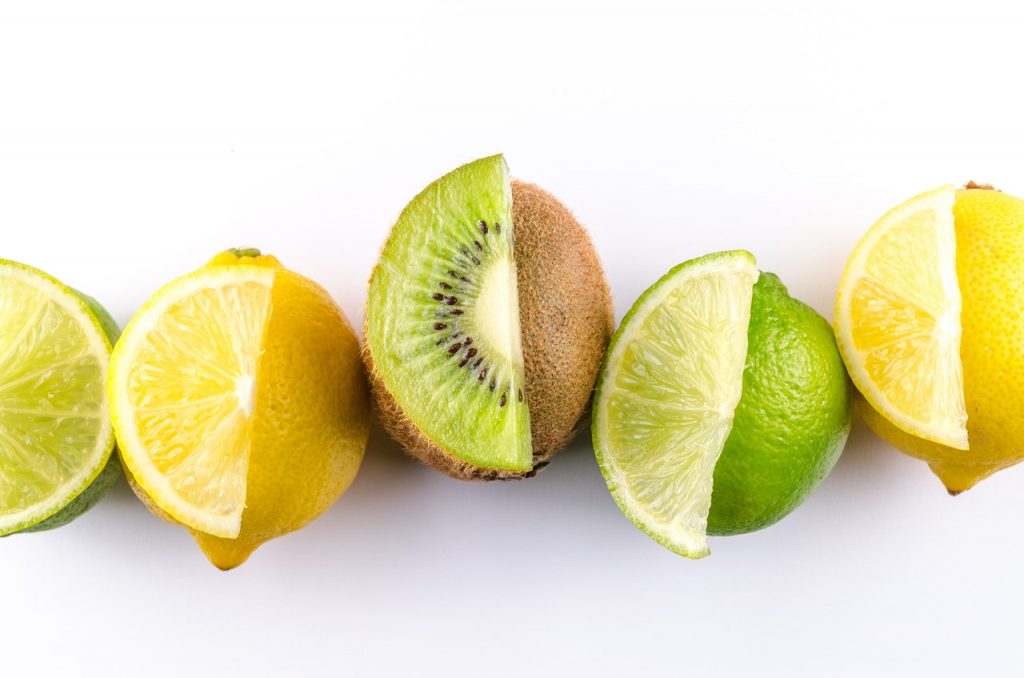
Understanding Your Gut and Gut Bacteria
The digestive tract, also known as the gut, plays an important role in our everyday health. The digestive tract is responsible for digesting protein, carbohydrate, and fat from foods and beverages and absorbing fluids, vitamins, and minerals. Additionally, the gut provides a physical and immunologic barrier to harmful microorganisms, foreign material, and possible antigens consumed with foods from entering into our bodies.
Our gut contains many different species (types) of bacteria. The proper balance of “beneficial” bacteria can provide us with various health benefits. Each of our gut bacteria profiles (also known as gut microbiome) are unique and are generally established by age 3. However, throughout life, bacteria in the gut can become imbalanced due to inflammation, incoming pathogens, poor diet, and antibiotics.
Gut bacteria imbalance can lead to the following:
- Diarrhea
- Increased opportunity to incoming pathogens
- Increased inflammation
- Abdominal pain/cramping
- Gastrointestinal tract obstructions
- Various diseases
For these reasons, it is important to have a healthy balance of gut bacteria. The more “beneficial” bacteria we are able to support in our gut, the more “harmful” bacteria we are able to keep out.
Establishing, Maintaining, and Restoring Healthy Gut Bacteria
Consider these tips, and help keep the gut healthy:
Establishing Your Child’s Gut Microbiome
- Infants’ gut bacteria are rapidly changing beginning at birth due to factors such as: diet, environment, and antibiotic usage, finally stabilizing around age 3.
- Babies born from a vaginal birth versus a caesarean birth often have a higher abundance of bacteria with health-promoting effects.
- Breast feeding is recommended over formula feeding as it better supports healthy gut bacteria.
- If a vaginal birth and breastfeeding are not an option, consult your physician about other ways to best support your child’s gut health.
Maintaining the Gut Microbiome
- Choose a high-fiber, plant-based diet with variety and moderation to provide the most benefit to your gut. Long term diet plays a critical role in maintaining and altering our gut microbiomes.
- Minimize stress. Stress can lead to increased inflammation in the gut.
- Choose fermented foods, which contain “beneficial” bacteria, such as yogurt, fermented sauerkraut, and kombucha, fermented tea. Some of these live and active cultures are probiotics, which can help maintain the abundance and balance of healthy gut bacteria.
- Choose foods high in fiber, such as whole wheat, sweet potatoes, garlic, and leeks, which naturally contain prebiotics. Prebiotics are the fuel (or food) for the probiotics or good bacteria in the gut.
Restoring the Gut Microbiome
- Use probiotic and prebiotic supplements, which may be helpful in restoring your gut microbiome after taking antibiotics and in helping to restore balance. Consult your doctor before taking a probiotic supplement.
- In recent research, stool transplants for certain clinically ill patients have been effective in restoring healthy gut bacteria.
Resources:
The American Gastroenterological Association
https://gastro.org/
The Academy of Nutrition and Dietetics
https://www.eatright.org/health/health-conditions/digestive-and-gastrointestinal
International Scientific Association for Prebiotics and Probiotics
https://isappscience.org/for-scientists/resources/probiotics/
The Art of Fermentation – Book By Sandor Katz
Did You Know?
It is estimated that we each have approximately 10 trillion microbes in our gut. That is about 3 ½ pounds of microbes!
The microbes in our gut can affect our health in many ways.

